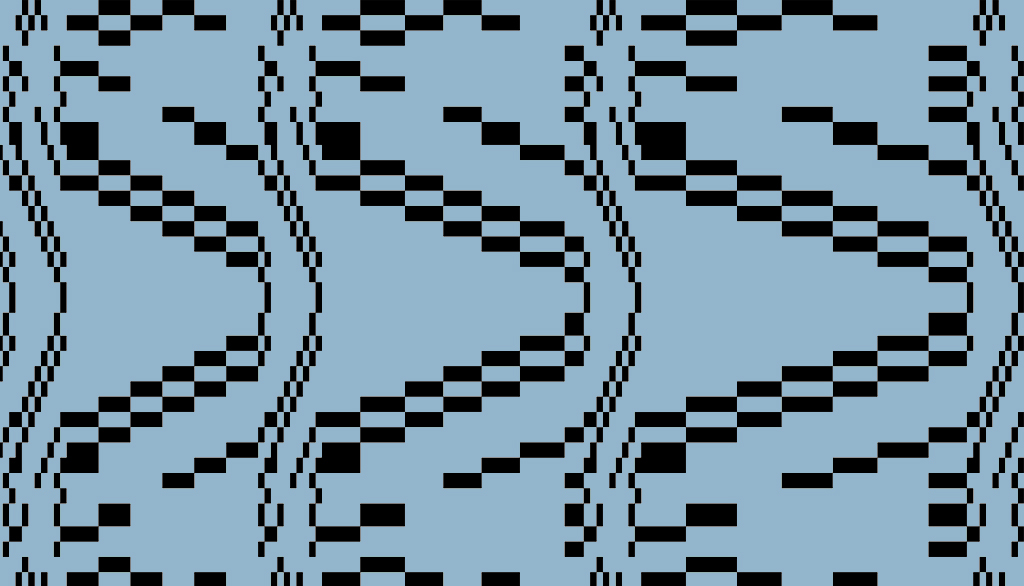
Publishing Practices is a yearly program committed to an expanded idea of publishing not confined to the production and dissemination of printed matters but open to a multisensorial reflection on other forms of knowing and existing. The program is committed to a broad spectrum of practices, genealogies of thoughts, and insurgent literacies. It is grounded in the premise that in order to question and dismantle heteropatriarchal and (neo)colonial systems of oppression alternative pathways to forms of knowing and new forms of sociality need to be established.
How can one approach publishing beyond the production of printed matters? In which ways can publishing be activated as ground for solidarity and inseparability and participate in the undoing of fixed marginalities and boundaries? What can we learn from past and present forms of resistance through publishing? How can publishing instigate emancipatory practices and nurture new coalitions? Moved by these questions, Publishing Practices reflects on the potential of publishing as a subversive and emancipatory space of co-creation and dialogue across different knowledge ecologies.
One of the core components of Publishing Practices is the Forum of co-learning, a four-week-long program made of two cycles in which various practitioners gather to share their practices and perspectives. The forum aims to become a site of echoes and resonances that embraces the epistemological plurality in the world and its immense transformative potential.
This program is an homage to women who opened the way as Ama Ata Aidoo, Gladys May Casely-Hayford, Flora Nwapa, Grace Emily Ogot, Charity Waciuma, Assia Djebar, Mariama Bâ, Toni Morrison, Annette Mbaye d’Erneville, Toni Cade Bambara, Nawal El Saadawi, Harriet Tubman and visionaries of art education such as Bisi Silva. And all the women before them.
Contributors: Asameena, Leila Bencharnia, Monia Ben Hamadi, Sara Bouzagarrou, Kaouter Chaqchaq, Sofia Fahli, Aziza Gorgi, Aziza Harmel, Rehab Hazgui, Salma Kossemtini, Malek Lakhal, Soumaya Mestiri, Jamina Metwaly, Kamila Metwaly, Alia Sellami
EN | FR
Curatorial ensemble: Soukaina Aboulaoula, Mistura Allison, Paz Guevara, Chiara Figone, Beya Othmani
Forum of co-learning Tunis curated by Beya Othmani
Publishing Practices #2 is supported by Kulturstiftung des Bundes
